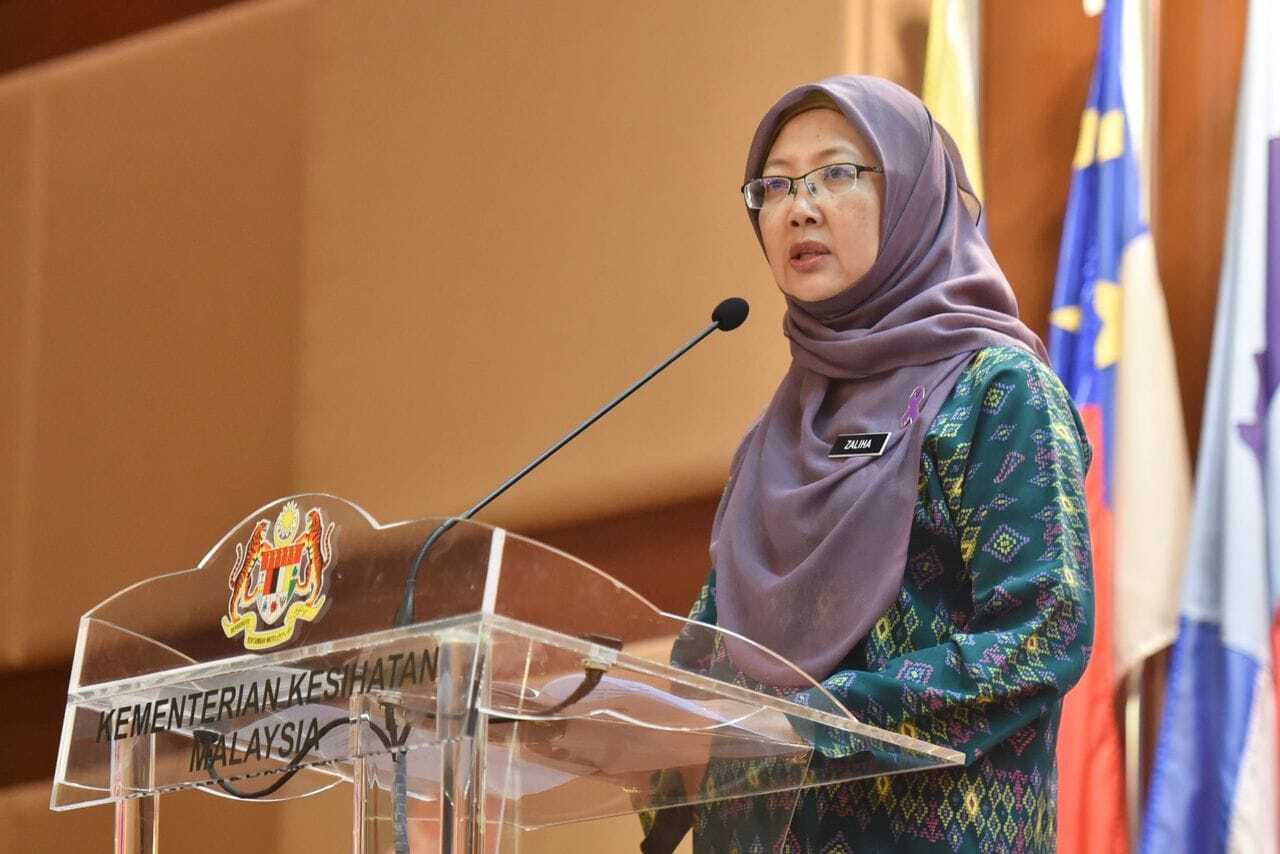KUALA LUMPUR, June 30 — Nearly a quarter of new gonorrhoea cases last year in Malaysia were reported among adolescents aged below 21 at 408 (22.4 per cent) of 1,819 total cases.
Gonorrhoea, syphilis, and chancroid are sexually transmitted illnesses (STIs) mandated under the Prevention and Control of Infectious Diseases Act 1988 for notification to the Ministry of Health (MOH), Health Minister Dr Zaliha Mustafa told the Dewan Negara last June 22.
The health minister was responding to a question by Senator Dr Lingeshwaran R. Arunasalam, who asked the minister to state the rate and number of patients aged below 21 with HIV, Hepatitis B and C, and venereal diseases.
Dr Zaliha said adolescents aged under 21 comprised the following percentages of new cases of STI reported last year:
- Gonorrhoea (22.4 per cent): 408 of 1,819 total cases
- HIV (7 per cent): 221 of 3,177 total cases
- Syphilis (6.7 per cent): 311 of 4,669 total cases
- Hepatitis C (1.4 per cent): 64 of 4,626 total cases
No new chancroid cases were reported in 2022.
Dr Zaliha said the MOH is collaborating with the Ministry of Higher Education to increase awareness of these STIs amongst young adults.
Speaking exclusively about the HIV programme, Dr Zaliha said that students are educated about HIV through the Healthy Without AIDS for Youth (PROSTAR) programme.
The programme educates students on the transmission of both HIV and other STIs This crucial information is delivered in the form of infotainment, a television programming that presents information in a manner that is meant to be entertaining.
Intervention programmes are also held for at-risk teenagers.
The MOH introduced a new module to the PROSTAR programme titled PROSTAR 2.0 last year, adding a new stigma component and information on current infection issues.
For students aged 18 and above who are in tertiary education, the MOH, in collaboration with the Malaysian AIDS Council, has implemented an HIV self-screening pilot project. The project which is targeted toward tertiary education students aims to give them more choices when it comes to getting tested for HIV.
Students can procure the self-test kit once they register themselves on the Jom Test website. According to Dr Zaliha, the registration is an important step as it ensures that individuals can be given HIV education and allows for prevention and treatment to be carried out once their infection status is released.
This self-testing will enable the MOH to catch the cohort of young adults who are reluctant or refuse to attend HIV screenings at MOH health clinics or get tested through community-based testing.
Through this programme, individuals can anonymously receive care and share their results, and this helps at-risk individuals who are afraid of being stigmatised to receive care.
“MOH is closely working together with the non-government organisation Malaysian AIDS Council where community health workers under the NGO carry out various activities [such as] health education, screening, referrals to health facilities, counselling as well as [offer] support for at-risk groups,” Dr Zaliha said.
“It must be emphasised, efforts to increase community awareness need the cooperation and effort of various agencies and parents in order to always guide young adults to live a healthy lifestyle.”








